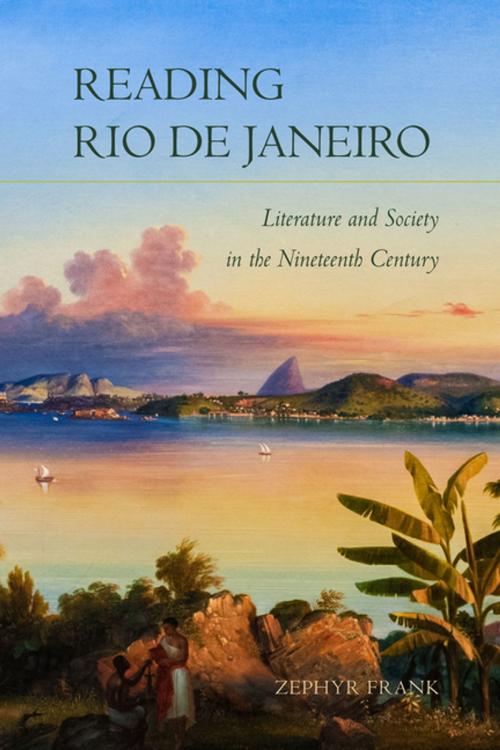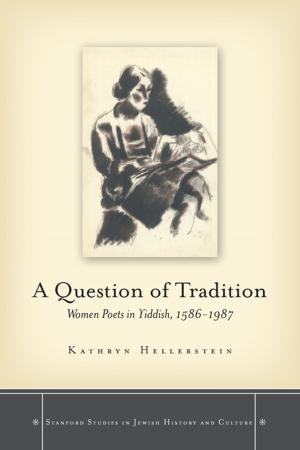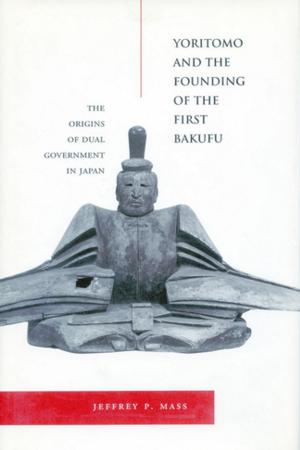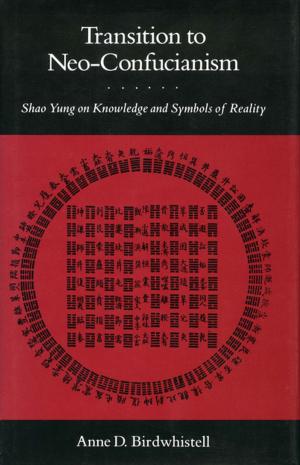Reading Rio de Janeiro
Literature and Society in the Nineteenth Century
Nonfiction, History, Americas, South America| Author: | Zephyr Frank | ISBN: | 9780804797306 |
| Publisher: | Stanford University Press | Publication: | January 6, 2016 |
| Imprint: | Stanford University Press | Language: | English |
| Author: | Zephyr Frank |
| ISBN: | 9780804797306 |
| Publisher: | Stanford University Press |
| Publication: | January 6, 2016 |
| Imprint: | Stanford University Press |
| Language: | English |
Reading Rio de Janeiro blazes a new trail for understanding the cultural history of 19th-century Brazil. To bring the social fabric of Rio de Janeiro alive, Zephyr Frank flips the historian's usual interest in literature as a source of evidence and, instead, uses the historical context to understand literature. By focusing on the theme of social integration through the novels of José de Alencar, Machado de Assis, and Aluisio Azevedo, the author draws the reader's attention to the way characters are caught between conflicting moral imperatives as they encounter the newly mobile, capitalist, urban society, so different from the slave-based plantations of the past. Some characters grow and triumph in this setting; others are defeated by it. Though literature infuses this social history of 19th-century Rio, it is replete with maps, graphs, non-fiction sources, and statistical data and analysis that are the historian's stock-in-trade. By connecting a literary understanding of the social problems with the quantitative data traditional historical methods provide, Frank creates a richer and deeper understanding of society in 19th-century Rio.
Reading Rio de Janeiro blazes a new trail for understanding the cultural history of 19th-century Brazil. To bring the social fabric of Rio de Janeiro alive, Zephyr Frank flips the historian's usual interest in literature as a source of evidence and, instead, uses the historical context to understand literature. By focusing on the theme of social integration through the novels of José de Alencar, Machado de Assis, and Aluisio Azevedo, the author draws the reader's attention to the way characters are caught between conflicting moral imperatives as they encounter the newly mobile, capitalist, urban society, so different from the slave-based plantations of the past. Some characters grow and triumph in this setting; others are defeated by it. Though literature infuses this social history of 19th-century Rio, it is replete with maps, graphs, non-fiction sources, and statistical data and analysis that are the historian's stock-in-trade. By connecting a literary understanding of the social problems with the quantitative data traditional historical methods provide, Frank creates a richer and deeper understanding of society in 19th-century Rio.















